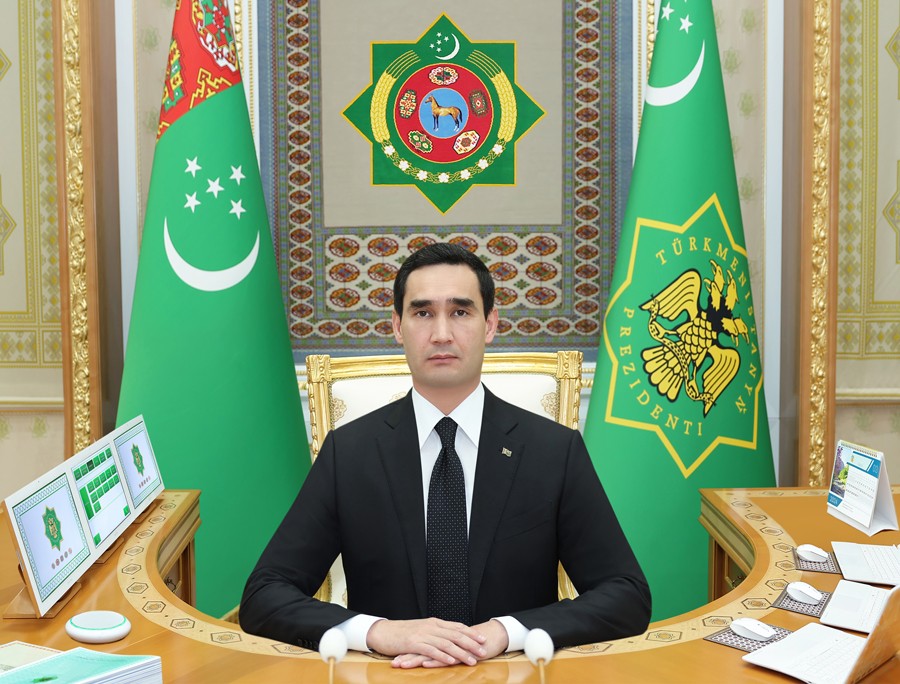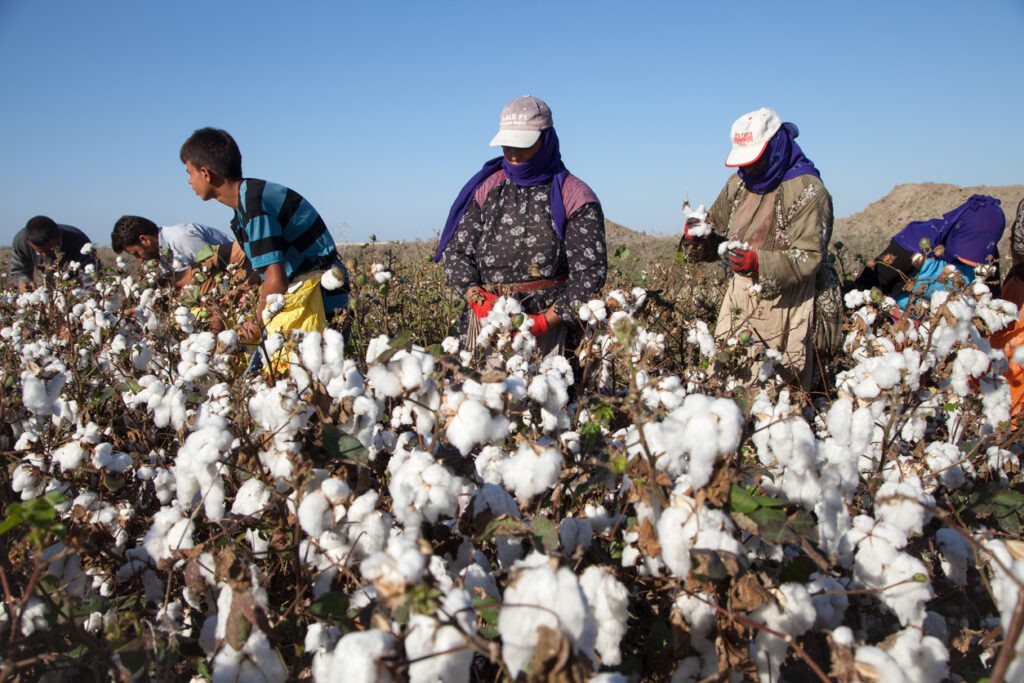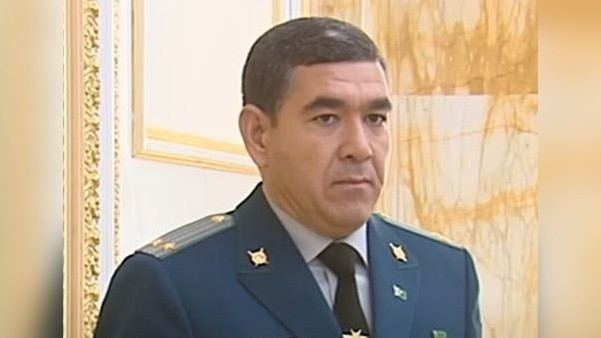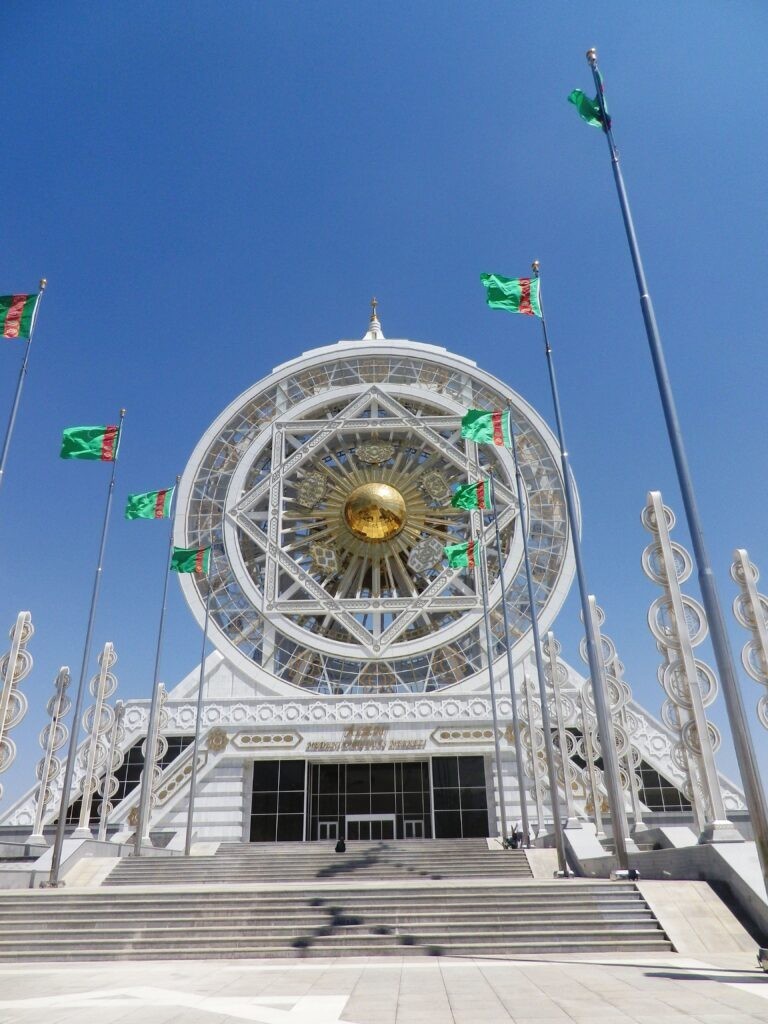The Center for Aesthetic Medicine in Ashgabat was sold at a huge discount to a company called Ashgabat International Aesthetic Medicine Center (AIATC), associated with the Berdimuhamedov family, the Center for Research on Corruption and Organized Crime (OCCRP) has reported together with the publications Turkmen.news and Gundogar. According to investigators, the Government of Turkmenistan built the center at a cost of U$51 million dollars; its official opening took place in October 2020. However, two days before the opening, the President of Turkmenistan at that time, Gurbanguly Berdimuhamedov, signed a decree authorizing the privatization of the center without a tender. As a result, the center was sold for $ 6.5 million less than the state spent on its construction. Journalists believe that the real discount the buyers received may be much higher taking into account the unofficial exchange rate. (In 2020, the unofficial exchange rate was 23.6 manat per dollar, whilst the official rate was 3.5.). AIATC belongs to a group of seven legal entities, investigators learned from a data leak about members of the Union of Industrialists and Entrepreneurs of Turkmenistan. Two of these seven companies are related to the Berdymukhamedov family. Despite the fact that the Center for Aesthetic Medicine was bought by AIATC, it is managed by the Center for Beauty and Aesthetics, the director of which is Doctor Gulya Annanepesova, who is the head of both the selling and the buying enterprise. Annanepesova has allegedly accompanied Gurbanguly Berdimuhamedov on official trips at least twice. In March 2017, they traveled to Qatar, and in November 2019 to Italy. Annanepesova is listed as a cosmetologist and a doctor in the lists of participants of the delegations. In 2016, Annanepesova was awarded a medal in honor of the 25th anniversary of Turkmenistan's independence. At that time, she worked at the state Center for Internal Medicine, and among her colleagues was one of the younger sisters of the president, who worked as a nurse. A year after the opening of the Center for Aesthetic Medicine, Berdimuhamedov awarded Annanepesova with a commemorative badge for services to the development of health care in Turkmenistan. She was listed in the list of awardees as the director of the Center for Beauty and Aesthetics. Annanepesova, according to the sources of the publications, is married to Maksat Geldiev, who worked in the Ministry of National Security and played an important role in the introduction of internet censorship in Turkmenistan. The Center for Aesthetic Medicine offers a wide range of cosmetology and wellness treatments, from weight loss programs to hairdressing services. The journalists drew attention to the fact that all these services do not coincide with the initiatives of the authorities, which prohibit, among other things, bright make-up and plastic surgery. The imposition of restrictions on women intensified shortly after Serdar Berdimuhamedov succeeded his father as president of the country in March 2022.








